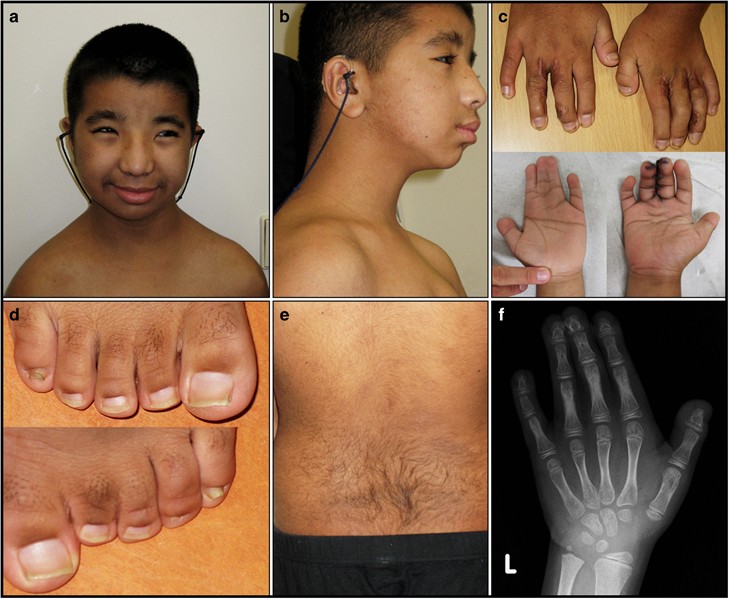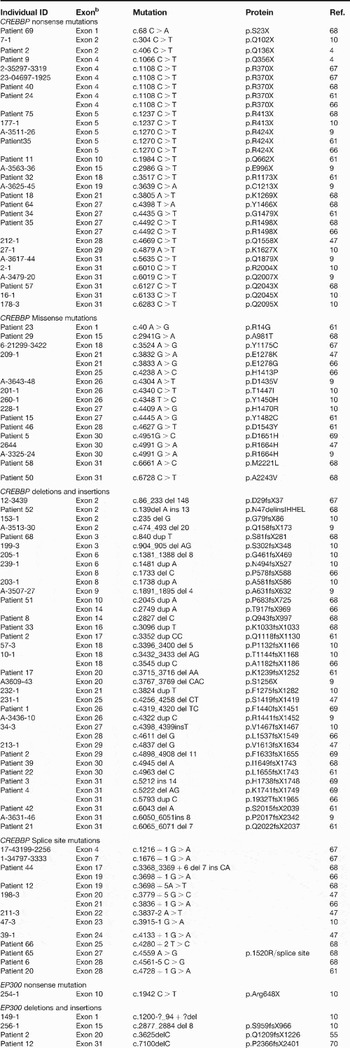Rubinstein-Taybi syndrome in a Saudi boy with distinct features
Por um escritor misterioso
Descrição
Background Rubinstein-Taybi syndrome (RSTS) Type 1 (OMIM 180849) is characterized by three main features: intellectual disability; broad and frequently angulated thumbs and halluces; and characteristic facial dysmorphism. Case presentation We report on a Saudi boy with RSTS Type 1 and the following distinct features: a midline notch of the upper lip, a bifid tip of the tongue, a midline groove of the lower lip, plump fingers with broad / flat fingertips, and brachydactyly. The child was found to be heterozygous in the CREBBP gene for a sequence variant designated c.4963del, which is predicted to result in premature protein termination p.Leu1655Cysfs*89. The child and his father were also found to be heterozygous in the EP300 gene for a sequence variant designated c.586A > G, which is predicted to result in the amino-acid substitution p.Ile196Val. Conclusion Our report expands the clinical spectrum of RSTS to include several distinct facial and limb features. The variant of the CREBBP gene is known to be causative of RSTS Type 1. The variant in the EP300 gene is benign since the father carried the same variant and exhibited no abnormalities. However, functional studies are required to investigate if this benign EP300 variant influences the phenotype in the presence of disease-causing CREBBP gene mutations.
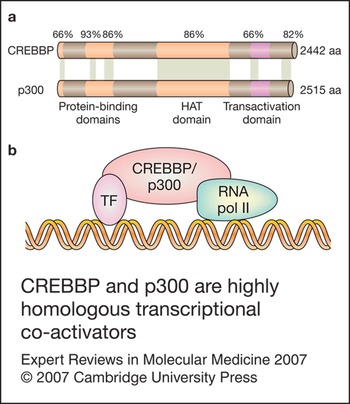
Rubinstein–Taybi syndrome: clinical and molecular overview, Expert Reviews in Molecular Medicine
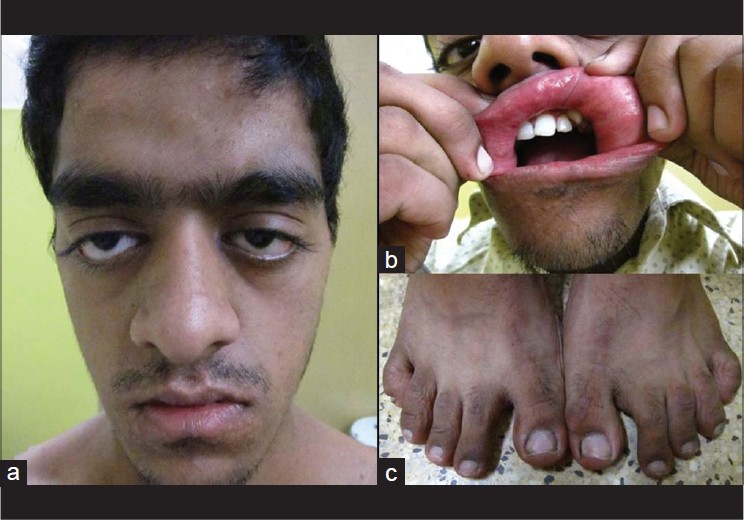
Rubinstein-Taybi syndrome: A report of two siblings with unreported cutaneous stigmata - Indian Journal of Dermatology, Venereology and Leprology

DBMCI MDS : Formerly MDS Experts - RUBINSTEIN TAYBI SYNDROME An autosomal dominant disease associated with deletions of the short arm of ch 16. Clinical Features: - Mental retardation - Broad thumbs
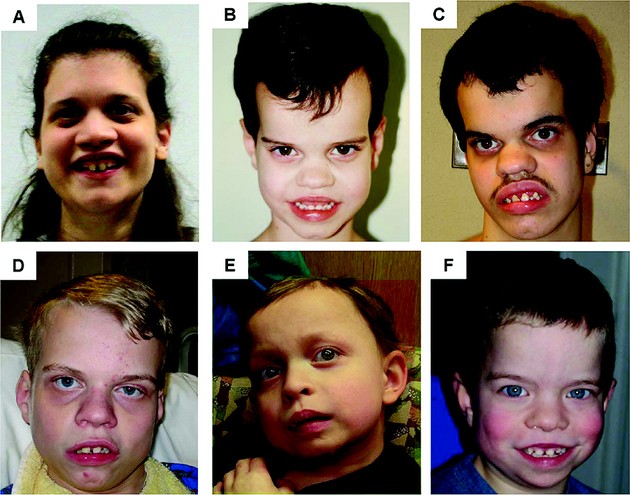
The discovery of microdeletion syndromes in the post-genomic era: review of the methodology and characterization of a new 1q41q42 microdeletion syndrome
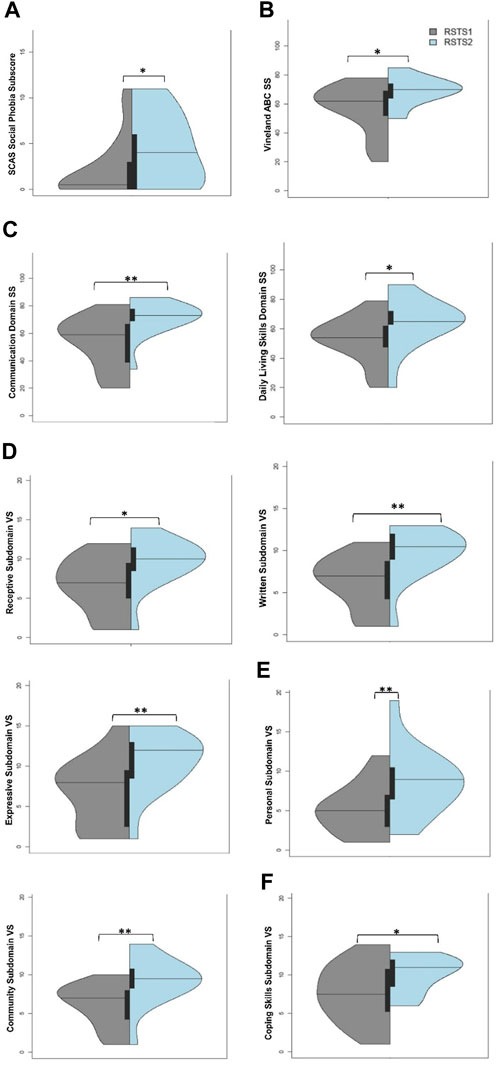
Frontiers Behavioral and neuropsychiatric challenges across the lifespan in individuals with Rubinstein-Taybi syndrome

PDF) Lacrimal drainage anomalies in Rubinstein-Taybi syndrome: case report and review of literature
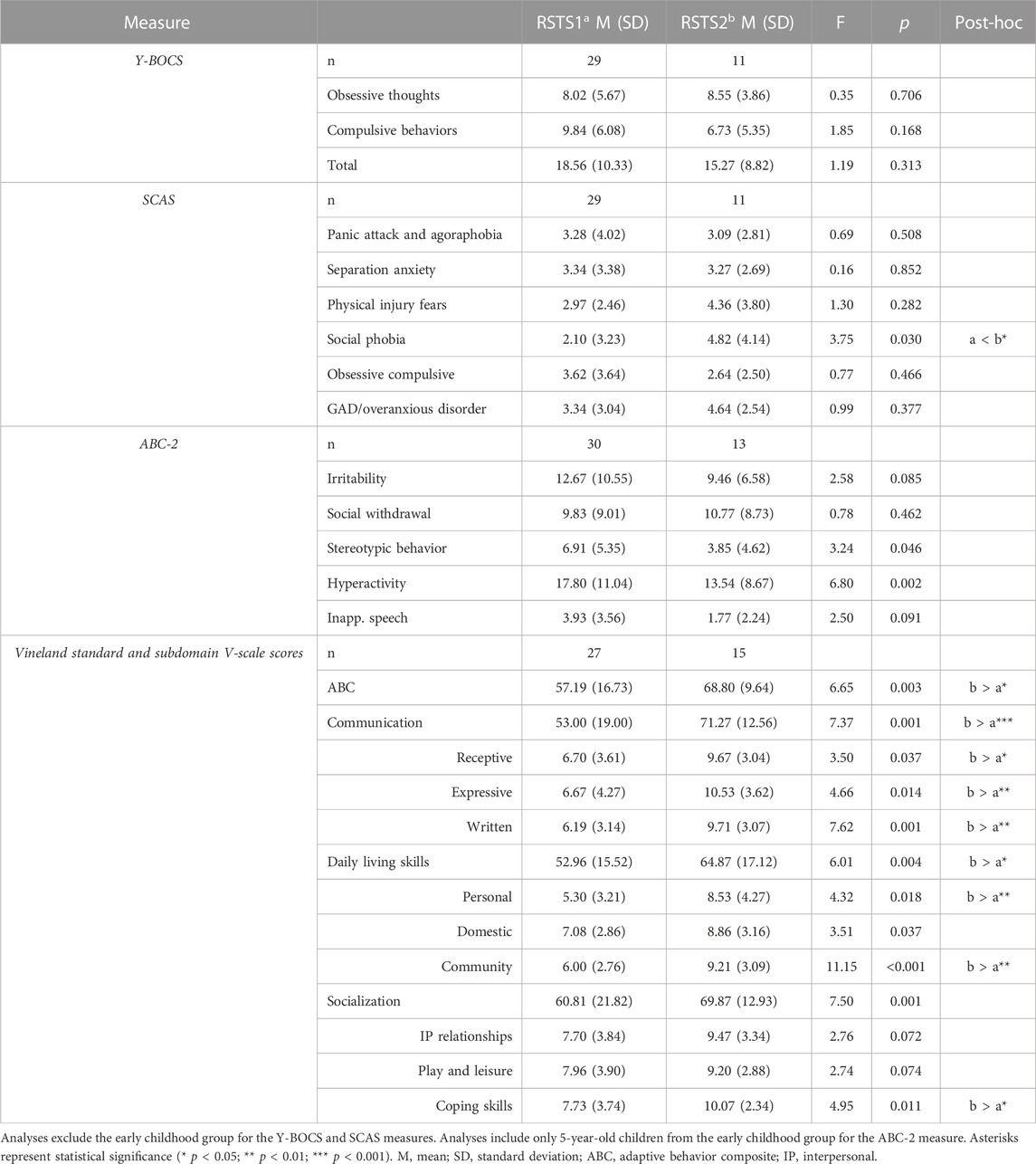
Frontiers Behavioral and neuropsychiatric challenges across the lifespan in individuals with Rubinstein-Taybi syndrome
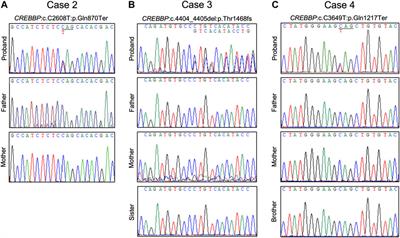
Frontiers Genetic Diagnosis of Rubinstein–Taybi Syndrome With Multiplex Ligation-Dependent Probe Amplification (MLPA) and Whole-Exome Sequencing (WES): Case Series With a Novel CREBBP Variant
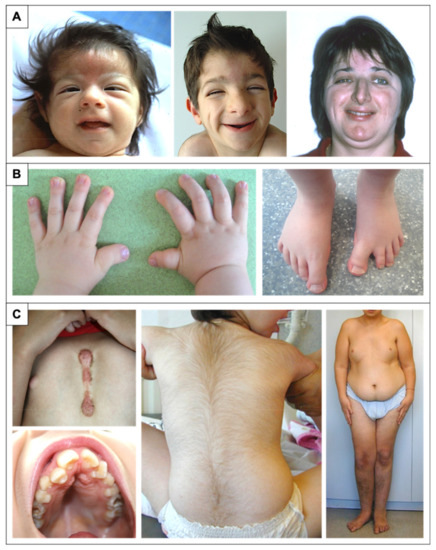
Genes, Free Full-Text
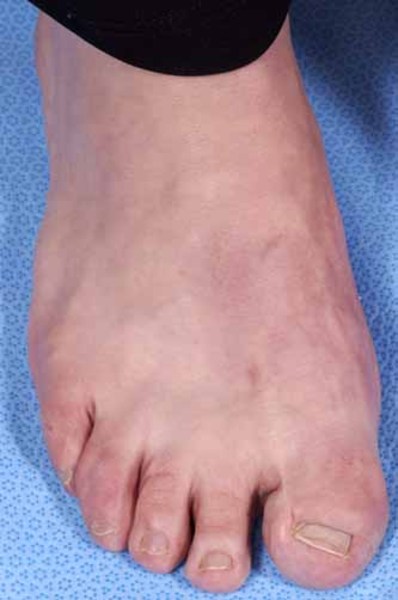
Rubinstein-Taybi syndrome: MedlinePlus Genetics
de
por adulto (o preço varia de acordo com o tamanho do grupo)


